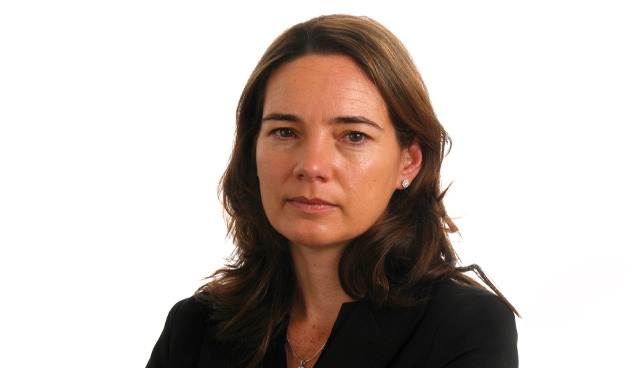No time to waste

The climate change emergency is the issue of our time and the COP26 Climate Change Conference in November is a call to action, writes Jackie Keaney, Commercial Director, Indaver (Ireland and UK).
The recent Intergovernmental Panel on Climate Change (IPPC) report has clearly outlined the scale of the challenge we all face, with the UN calling this ‘a code red for humanity’ moment. Importantly, it also has identified that methane emissions make a significant contribution to current global warming and suggests that by reducing methane in the short-to-medium-term, we can buy the world extra time to tackle climate change.
A major source of methane in our environment is from waste buried in landfills. Over a 20-year period, this potent greenhouse gas is around 84 times more powerful in global warming terms, compared to carbon dioxide (CO2). Yet, in Northern Ireland we continue to landfill large volumes of our waste. Last year, over 240,000 tonnes of our household waste was sent to landfill.
If Northern Ireland is committed to playing its part in tackling climate change, in meeting agreed circular economy and net-zero carbon targets, it is imperative that we stop sending our residual (largely non-recyclable) waste to landfill. We must also recognise that shipping our waste overseas at huge environmental and economic cost is not a sustainable long-term solution. Last year 235,000 tonnes of waste was exported abroad at significant cost to fuel ‘energy from waste’ facilities in other countries, which then benefit from the electricity and heat produced by this resource.
Our waste is landfilled and exported because there is insufficient waste treatment infrastructure in Northern Ireland to manage our waste locally. The time has come to catch up with the rest of the UK and Europe and deliver local, modern, integrated waste infrastructure which respects the proximity principle of waste management. That is where the becon project comes in. It is specifically designed to meet the needs of the six councils within the arc21 area.
The integrated waste infrastructure facility will divert the current ratepayer incurred costs for landfill and waste export to deliver a more sustainable solution with many local benefits. It will increase recycling levels and generate valuable, safe and sustainable energy from the remaining non-recyclable material. This will use the latest ‘energy from waste’ technologies available, to maximise its efficiency and minimise emissions.
The facilities will produce enough electricity to supply up to 30,000 homes locally and reduce CO2 emissions by approximately 57,500 tonnes per annum, compared to sending waste to landfill. It will also help end the need to export our waste and create local jobs and inward investment in the process. The facilities will also have the potential to enable a range of other valuable decarbonisation technologies such as hydrogen fuel production and district/industrial heating schemes, ensuring it delivers even more carbon reduction benefits locally.
A recent report by the UK’s leading waste experts, Tolvik Consulting, which assessed the need for the project states that by 2035, assuming we meet ambitious 65 per cent recycling targets outlined in the agreed circular economy targets, Northern Ireland will still produce over 500,000 tonnes of residual waste that needs treated sustainably. Even with the addition of the proposed arc21 facility on top of existing infrastructure (including the Full Circle Generation facility in Belfast) that leaves a waste treatment capacity gap of over 124,000 tonnes.
The focus on a green recovery and sustainable infrastructure in the recent Northern Ireland Executive Consolidated Covid-19 Recovery Plan provides an opportunity to view waste as a valuable resource which can drive economic development while also targeting net zero carbon.
The arc21 project has spent over seven years in the Northern Ireland planning system, during which it has been recommended for approval by three sets of professional planners, including the independent Planning Appeals Commission. With the pressing climate emergency, the time for a positive planning decision is now…we have no time to waste.
For further information:
Web: www.becon.co.uk






